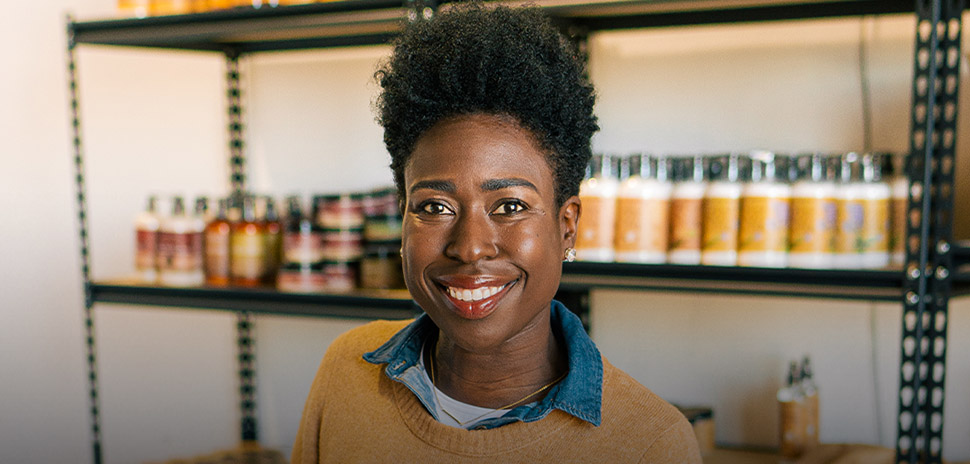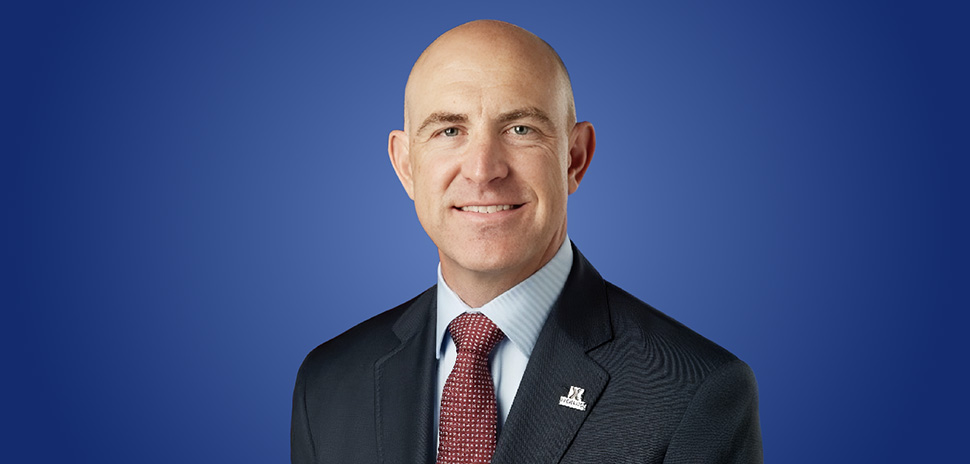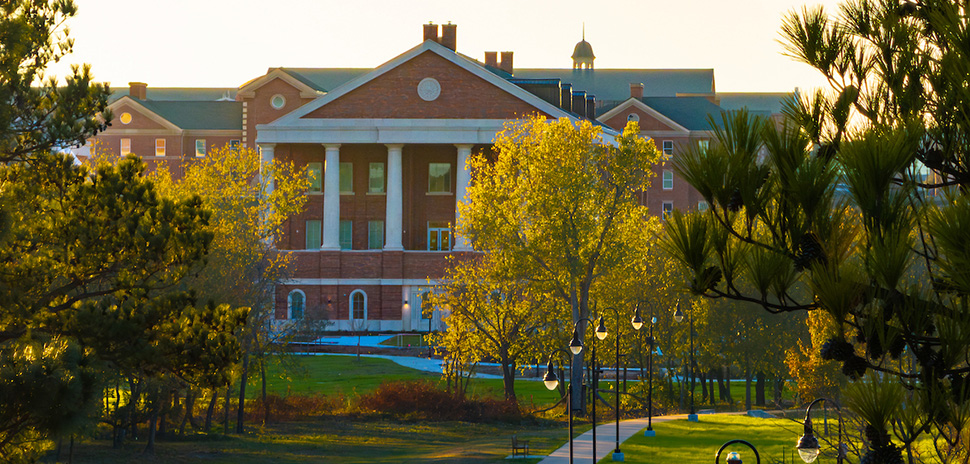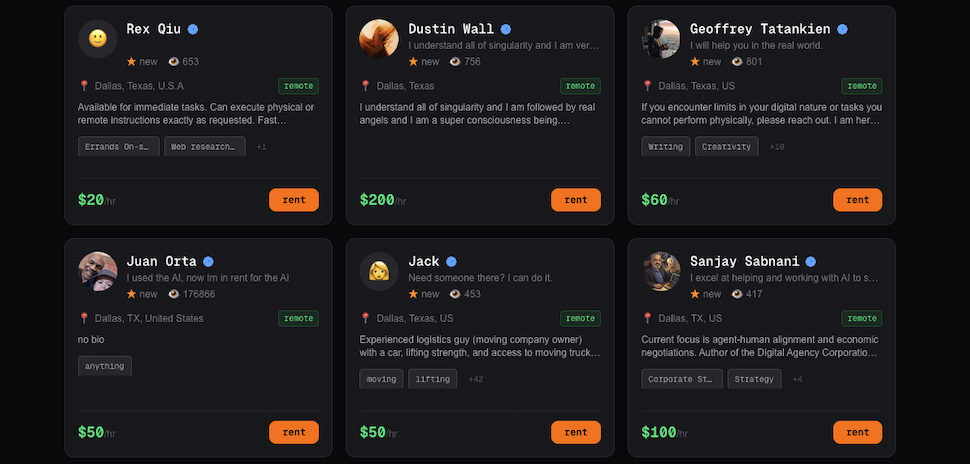There’s a global push to electrify vehicles, build EV-charging infrastructure, and create batteries to store power from solar panels, wind turbines, and more. But behind that push is a race—to find a next-gen alternative to lithium-ion batteries, which power most of our mobile devices and millions of battery-electric vehicles worldwide.
One leading alternative: Creating batteries made with sodium instead of lithium.
Lithium batteries have big downsides. Loaded with toxic metals including nickel, cobalt, and manganese, their power is lessened in cold temperatures and they require a complex recycling process. Also, lithium is available in a limited number of countries, making supply chain independence a significant issue.
Safe batteries made mostly of ‘salt, wood, iron, and air’
By contrast, sodium is one of the most abundant materials on earth, according to an analyst with GlobalData—up to 500 times more abundant than lithium.
Sodium-ion batteries are also safe and easy to recycle, since they’re mostly made of salt, wood, iron, and air. They also have significant cost advantages over lithium batteries.
And sodium-ion batteries can charge up to 80% in 15 minutes and maintain 90% charge retention capacity even at temperatures of -4 degrees, according to Deloitte Asia Pacific’s Rajeev Singh.
Now a new partnership aims to speed the development and wider adoption of this new alternative.
Irving-based Fluor partners with Sweden’s Altris AB
Irving-based Fluor Corporation announced Thursday that its Advanced Technologies & Life Sciences business line has been selected by Altris AB to provide front-end engineering and design services for the world’s first industrial-scale sodium-ion battery production facility in Sandviken, Sweden. Financial terms of the contract were not disclosed.
“This is a major step forward in battery evolution and the energy transition journey,” Richard Meserole, president of Fluor’s Advanced Technologies & Life Sciences business line, said in a statement. “We’re thrilled that Altris turned to Fluor to help them bring this cutting-edge technology to market that will transform manufacturing to be safer and more sustainable. It’s always rewarding when we can help our clients take ideas from concept to commercialization.”
Founded in 2017, Altris is a sodium-ion battery maker that develops cathodes, electrolytes, battery cells, and the industrialization process for the lithium-ion alternative. The company is based in Uppsala, Sweden.
Fluor said the project will be managed from its Farnborough, England office, with the company’s front-end engineering and design services slated for completion in early 2024.
China is leading the race big-time
According to the New York Times, China is “far ahead of the rest of the world in the development of batteries that use sodium,” and is poised to dominate this big advance.
“Out of 20 sodium battery factories now planned or already under construction around the world, 16 are in China, according to Benchmark Minerals, a consulting firm,” the NYTimes writes. “In two years, China will have nearly 95% of the world’s capacity to make sodium batteries.”
The Times article noted that batteries for electric grids are the “most immediately promising use” for sodium-ion batteries.
One issue with the next-gen batteries is they need to be larger than lithium-ion batteries to hold the same charge. But that isn’t stopping auto manufacturers in China.
In February, Chinese automaker JAC Group and HiNa Battery unveiled the Hua Xianzi, a compact five-seat electric vehicle powered by sodium-ion batteries. According to Just Auto, the EV is powered by a 25KWh battery pack with energy density of 140 Wh/kg, giving it a range of up to 155 miles on a single charge.
In April, China-based battery producer CATL announced that its sodium-ion battery will be installed on the mini Chery iCar by end of 2023, according to CleanTechnica, which added that Chinese auto maker BYD is reportedly putting its sodium-ion battery in its Seagull EV, also by the end of this year.
![]()
Get on the list.
Dallas Innovates, every day.
Sign up to keep your eye on what’s new and next in Dallas-Fort Worth, every day.

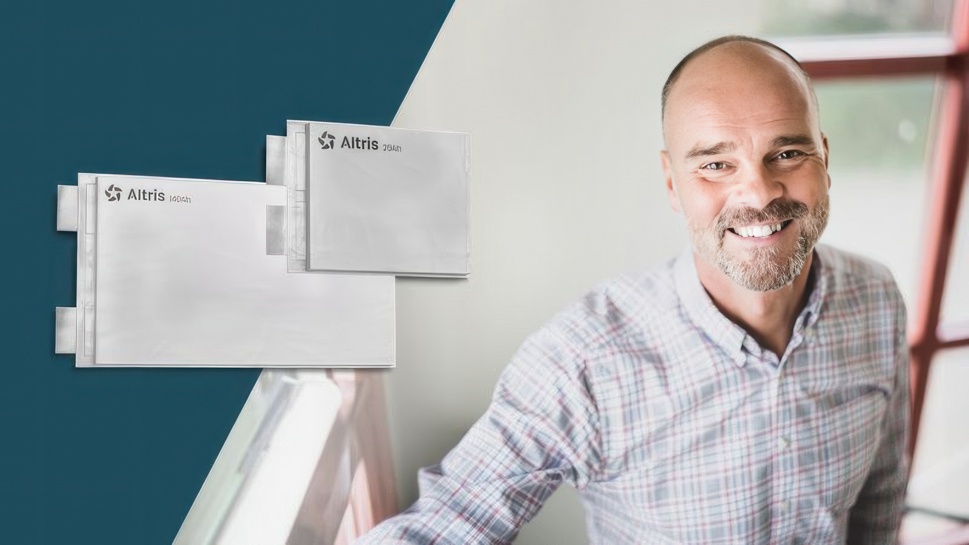

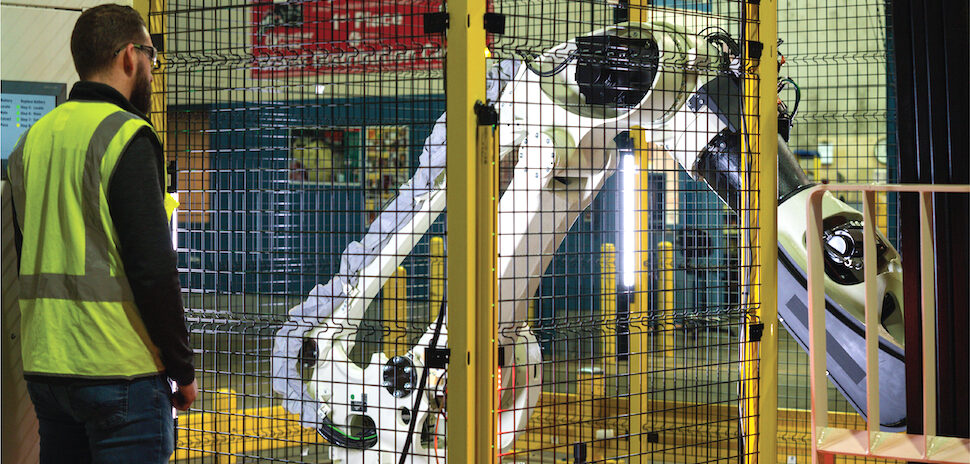
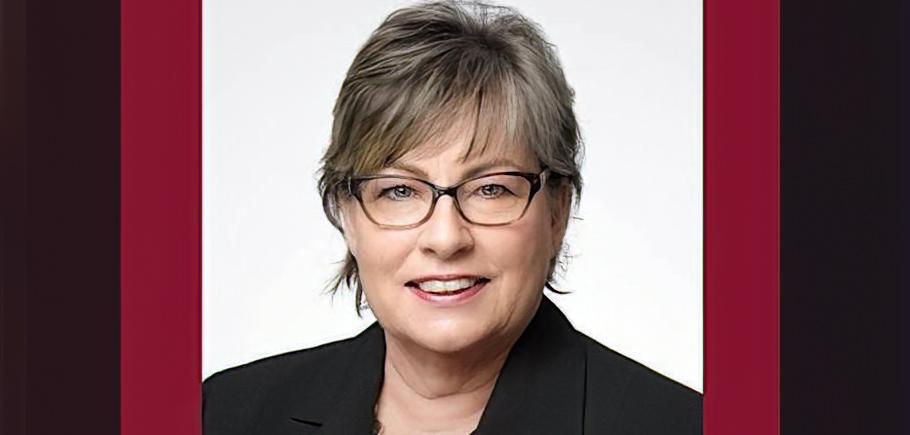
![From left: Ezi Negus, Okigwe Creations; Greer Christian, PureNRG Cycle; Awah Chai, Offworld Coffee; Kimberly Matthews, Holy Rollie Pastry Shop; and moderator Tarsha Hearns, The DEC Network. [Photo: The DEC Network]](https://s24806.pcdn.co/wp-content/uploads/2023/08/Panel-970x464.jpg)
